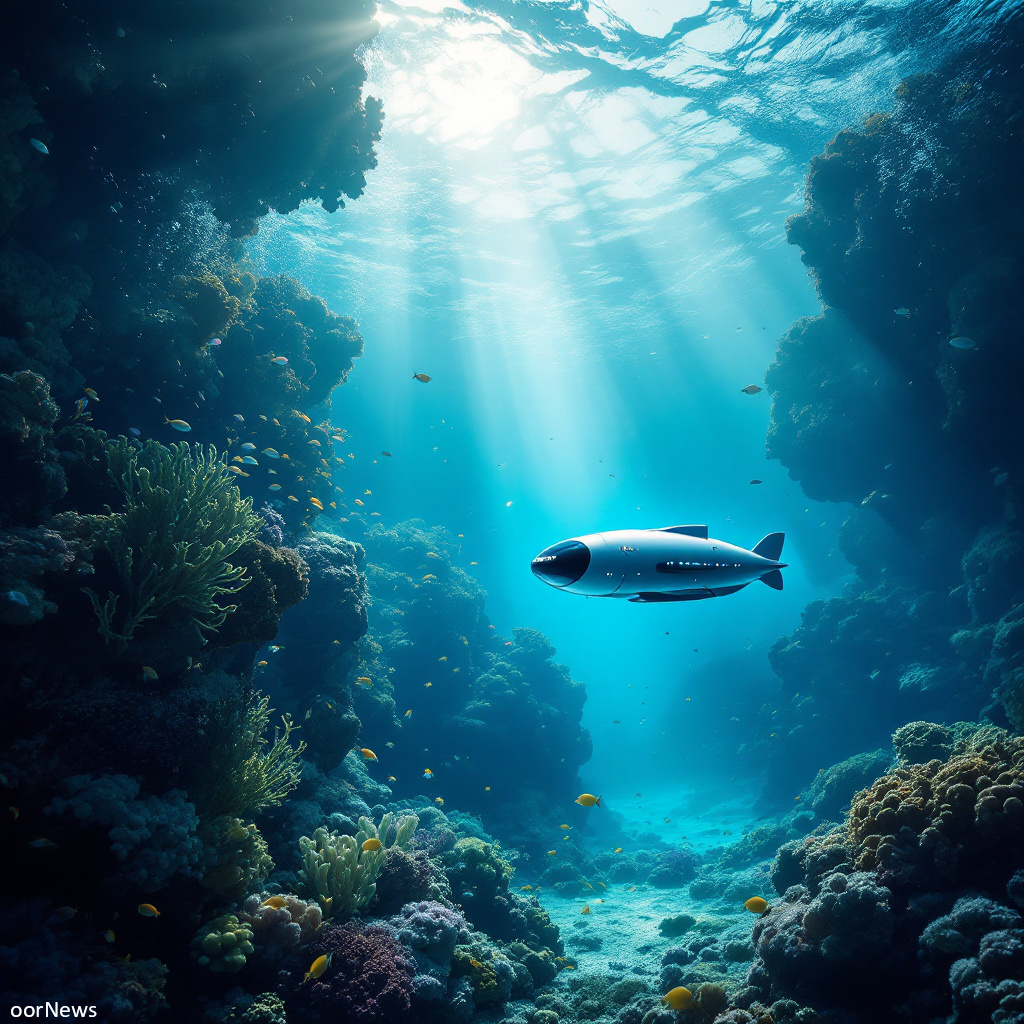Your cart is currently empty!

Glasgow Launches £1.3m Underwater Sensor Network to Track Warming Oceans

Researchers at the University of Glasgow will head a new project worth £1.3m that aims to build a web of underwater sensors to keep watch on our warming seas. The work is part of ARIA’s Forecasting Tipping Points programme, which offers a total of £81m over five years to grasp early signs of climate shifts.
At the forefront of this endeavor is Professor Martin Lavery of the James Watt School of Engineering. He teams up with Dr David McKee of the University of Strathclyde and Professor Mark Inall of the Scottish Association for Marine Science. Together, they are set to craft the Optical Reconnaissance and Communication Antenna (ORCA). This fresh sensing tool uses built-up light to peer into the deep and sends signals in a cable-free way between independent sensor groups. In concert with satellite imaging, a fleet of ORCAs will roam the seas and chart features such as currents, layers of temperature, floating sediment, and salt levels. Their work maps the spread and change in the ocean in both space and time.
The project seeks to equip our leaders with the facts needed to face the challenge of climate change head on. With major parts of the Earth system at risk of reaching dangerous turning points, the sensor network is a key step toward an early warning system for shifts in the world’s natural systems. ARIA, a research and development agency set up by an Act of Parliament and backed by the Department for Science, Innovation and Technology, funds teams to work on what is known to be the edge of both science and craft.
Professor Lavery said: “We are excited to be selected to contribute to the ambitious Forecasting Tipping Points programme, that has the potential to drive a step change in our understanding of the environmental changes that are expected to occur over the coming years and decades. Through engaging with the diverse array of creators, we hope our new sensing technology can play a significant role in improving our early warning systems for major disruptions to the ocean currents and can help the UK and world prepare for an uncertain future.”
This venture stands as the latest link in the University of Glasgow’s growing bond with ARIA. The institution’s past ties include the appointment of Professor Mark Symes as one of ARIA’s founding Programme Directors in 2023, as well as the unveiling of the £4m NEUROBOT project led by Professor Hadi Heidari earlier this year.
The sensor network project forms one part of a larger push to learn more about Earth’s vital signs. It is a drive to arm leaders with the keen sight needed for swift and sound climate adjustment and to grasp the shifts that lie ahead.